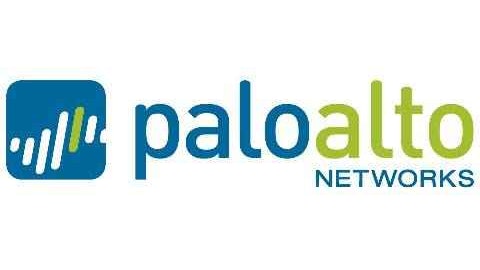Everyone has emerged a winner from this transaction. Nokia has found something to fall back on if its phone segment fails. Siemens has been looking to leave this industry for quite a while and would be able to invest more in its energy endeavors. Nokia has announced that it doesn’t plan to change the management of NSN which is a healthy sign for the business.
NSN’s future
The deal has put a lot of strain on the cash reserves of Nokia. The company is already posting negative cash flow due to losses in the device segment. According to management, it has 3.5 billion to 4 billion euros in cash, which will fall below 2.5 billion euros after it pays Siemens. Nokia’s cash position is instrumental in determining the future of NSN. Initially, there were rumors that NSN will be integrated in Nokia, but management has denied any such ambitions.
Nokia has a number of options when it comes to NSN. It can spin-off NSN into a separate publicly listed company. This will generate cash from the IPO and ensure that Nokia has enough dough to finance its phone ambitions. On the other hand, if the company feels that it no longer has a future in the smartphone arena, it can focus its entire energy on developing the NSN business. If nothing else works, it always has the option of selling the entire NSN business to a third party.
However, for the time being, it seems Nokia will focus more on reducing NSN costs and improving operations. It might push NSN to divest its equipment manufacturing and rely more on outsourcing. If such a plan is implemented, it will positively impact margins and enable NSN to compete on price.Chinese players like Huawei Technology Co Ltd (SHE:002502) are able to provide low cost services because of cheap Chinese equipment manufacturing. If NSN is able to lower costs and transfer that benefit to clients, it can threaten the market share of Ericsson (ADR) (NASDAQ:ERIC). Huawei Technology Co Ltd (SHE:002502) is in a much better position to compete on cost.
NSN will continue to focus on LTE, which is the next big thing in the telecom sector. Telecom operators are trying to upgrade to 4G LTE networks, and NSN can profit from this trend. The biggest threat to NSN’s 4G ambitions is the leading industry player Ericsson (ADR) (NASDAQ:ERIC). The company’s LTE system includes LTE Radio Base stations (RBS6000 series), mobile backhaul solutions, and Evolved Packet Core Network. It also holds 25% of all essential patents for LTE.
Conclusion
The purchase of NSN is excellent news for Nokia investors. Even if we ignore the future implications, the low purchase price is a clear win for Nokia’s management. NSN has given Nokia a downside buffer. Even if the company fails in the phone segment, it can still focus on the telecom equipment industry. With control over NSN, a rich patent portfolio, and an emerging Lumia series, Nokia has become an even better investment option.
Mohsin Saeed has no position in any stocks mentioned. The Motley Fool has no position in any of the stocks mentioned. Mohsin is a member of The Motley Fool Blog Network — entries represent the personal opinion of the blogger and are not formally edited.
The article Another Reason to Buy Nokia originally appeared on Fool.com is written by Mohsin Saeed.
Copyright © 1995 – 2013 The Motley Fool, LLC. All rights reserved. The Motley Fool has a disclosure policy.




